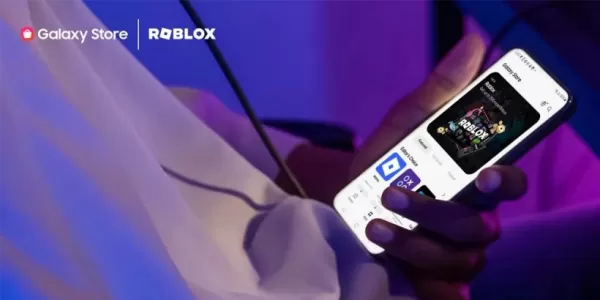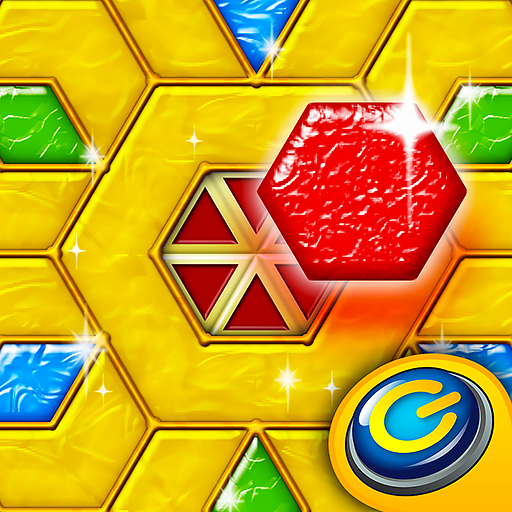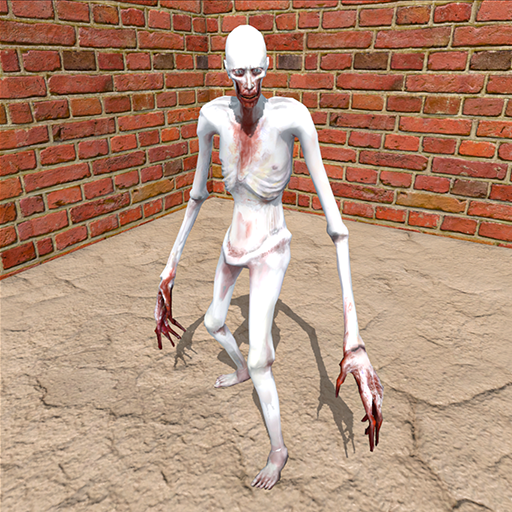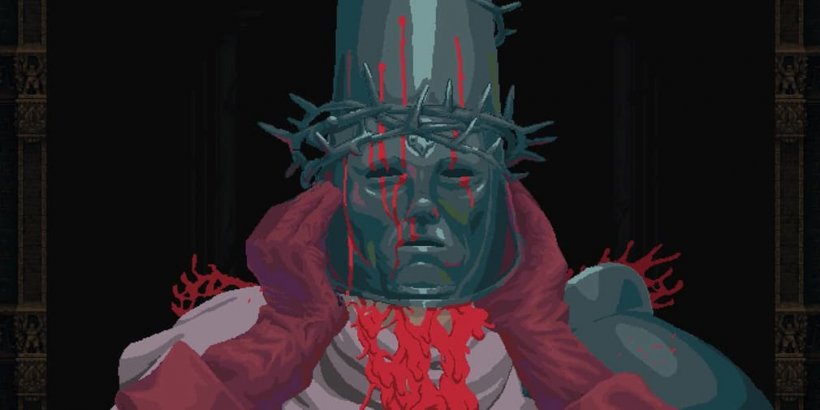Is Activision Planning to Create New Big Games Using AI?
Activision has recently stirred the gaming community with unexpected advertisements for new projects centered around their iconic franchises, including Guitar Hero, Crash Bandicoot, and Call of Duty. However, the buzz wasn't about the announcements themselves, but rather the surprising revelation that these promotional materials were crafted using neural networks.
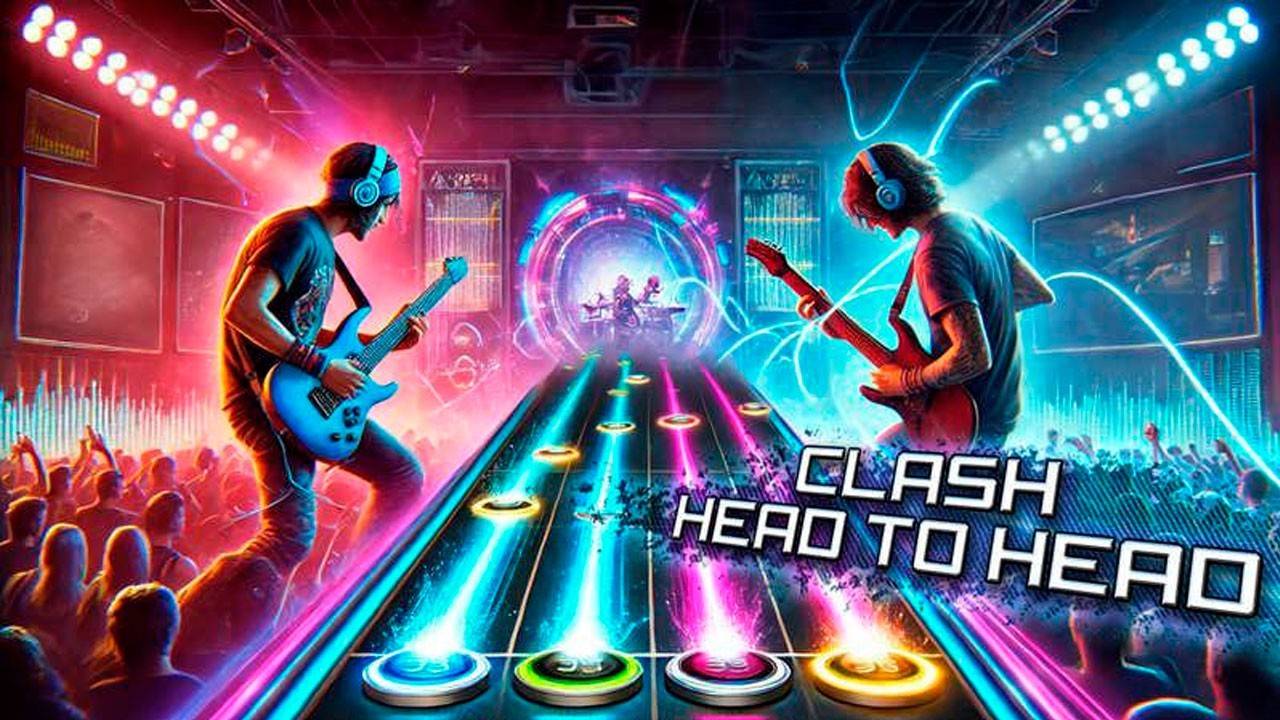 Image: apple.com
Image: apple.com
The first advertisement surfaced on one of Activision's social media channels, promoting Guitar Hero Mobile and directing users to a pre-order page on the App Store. The community quickly noticed the odd, unnatural images, which ignited a flurry of discussions. It wasn't long before other ads for Activision's mobile titles like Crash Bandicoot Brawl and Call of Duty Mobile surfaced, also featuring AI-generated artwork. Initially, there was speculation that the company's accounts might have been compromised, but it was soon revealed to be an unconventional marketing experiment.
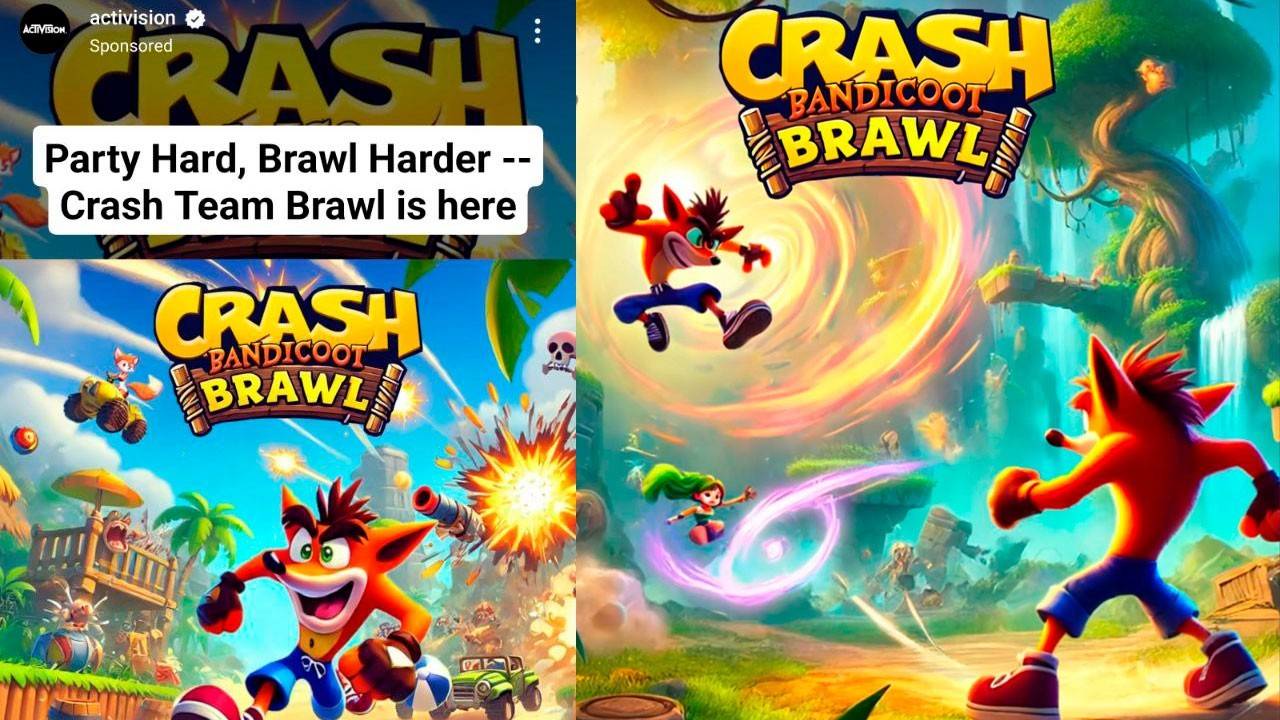 Image: apple.com
Image: apple.com
The response from gamers was overwhelmingly negative. Many voiced their disapproval of Activision's choice to employ generative AI over human artists and designers. There was widespread concern that this move might degrade game quality, turning them into what some users called "AI garbage." Comparisons were even drawn to Electronic Arts, infamous for its contentious decisions within the gaming industry.
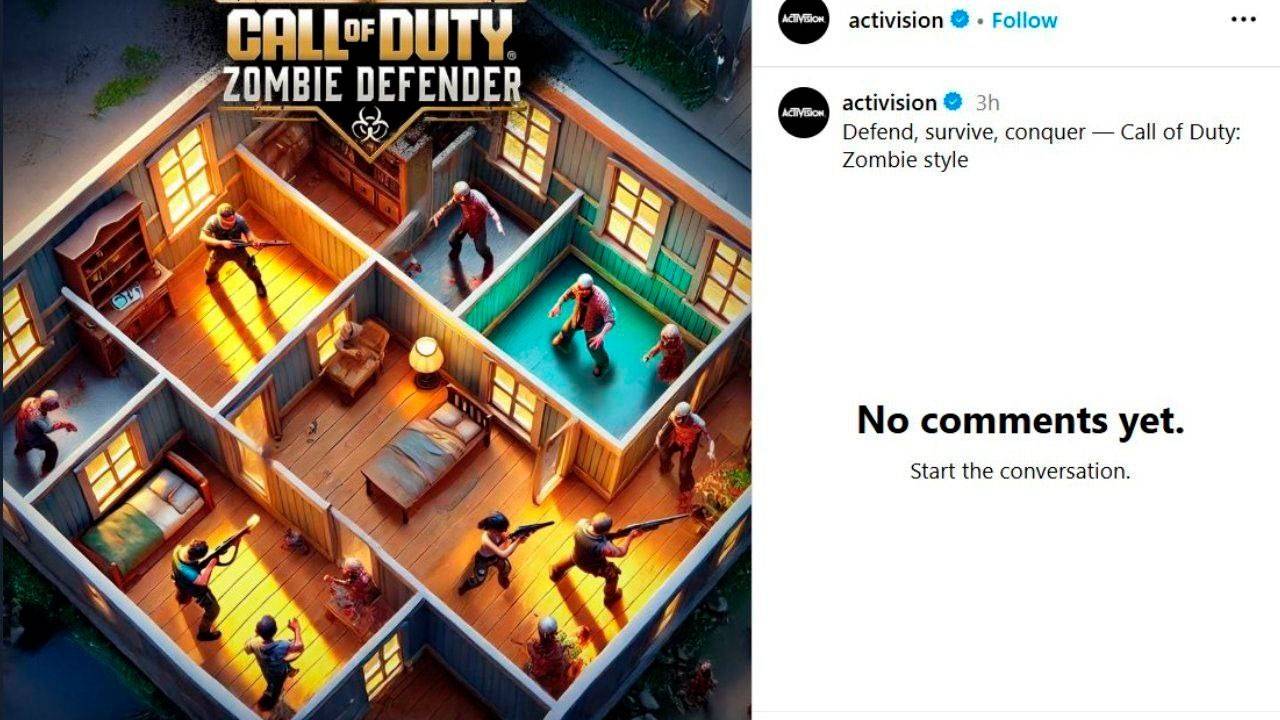 Image: apple.com
Image: apple.com
The debate over the use of AI in game development and marketing continues to grow for Activision. The company has confirmed that neural networks are indeed being utilized in the creation of content for Call of Duty: Black Ops 6.
In the wake of the backlash, some of the promotional posts were taken down. It remains uncertain whether Activision intends to launch these games or if they were merely gauging audience reactions with these provocative materials.
-
Embark on a virtual railway journey across Japan with the newest expansion for Ticket to Ride. Marmalade Game Studio and Asmodee Entertainment have released the Japan Expansion for the digital edition of this classic board game.Help Build the Train NAuthor : Zoey Feb 20,2026
-
Download Roblox from the Galaxy Store to receive exclusive perks.This Samsung partnership previously included a gift card with the Galaxy Tab S11.Get up to 25% more Robux with this offer.Alternative app stores are making waves, and Samsung users canAuthor : Eric Feb 20,2026
- STALKER 2: Heart of Chornobyl - All Endings (& How to Get Them)
- Steampunk RPG Eldgear Unveiled by KEMCO
- Metaphor: ReFantazio - Complete Bond Guide
- NYT Hints and Answers: Guide to January 10, 2025
- Discover the Artifacts in Stalker 2: Locations and Acquisition
- Mushroom Go! Unleashes Co-op Dungeon Adventure for Fungi Fans


